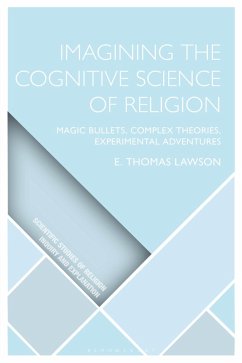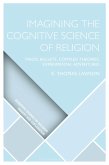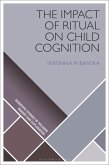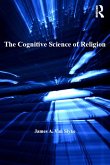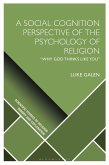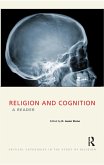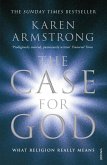Uniting Thomas Lawson's essays on the cognitive science of religion, this volume explores theoretical issues in the study of cultural phenomena such as religion, the role of imagination, and the experiments that emerge from these theories.
The book begins with Lawson's influential essay "Towards a Cognitive Science of Religion," which was the first to employ the phrase, and has since become widely adopted in many different disciplines. It signals to scholars in the humanities that the cognitive revolution has finally reached them and serves to introduce them to the world of science. The rest of the book focuses on theoretical issues in the study of cultural phenomena and describes experiments by scholars working on the connections between cognition and culture.
Described as "the grandfather of the cognitive science of religion," Lawson offers a unique perspective on the development of the field and the principles that underlie it, which will be relevant to both newcomers and established scholars.
The book begins with Lawson's influential essay "Towards a Cognitive Science of Religion," which was the first to employ the phrase, and has since become widely adopted in many different disciplines. It signals to scholars in the humanities that the cognitive revolution has finally reached them and serves to introduce them to the world of science. The rest of the book focuses on theoretical issues in the study of cultural phenomena and describes experiments by scholars working on the connections between cognition and culture.
Described as "the grandfather of the cognitive science of religion," Lawson offers a unique perspective on the development of the field and the principles that underlie it, which will be relevant to both newcomers and established scholars.

